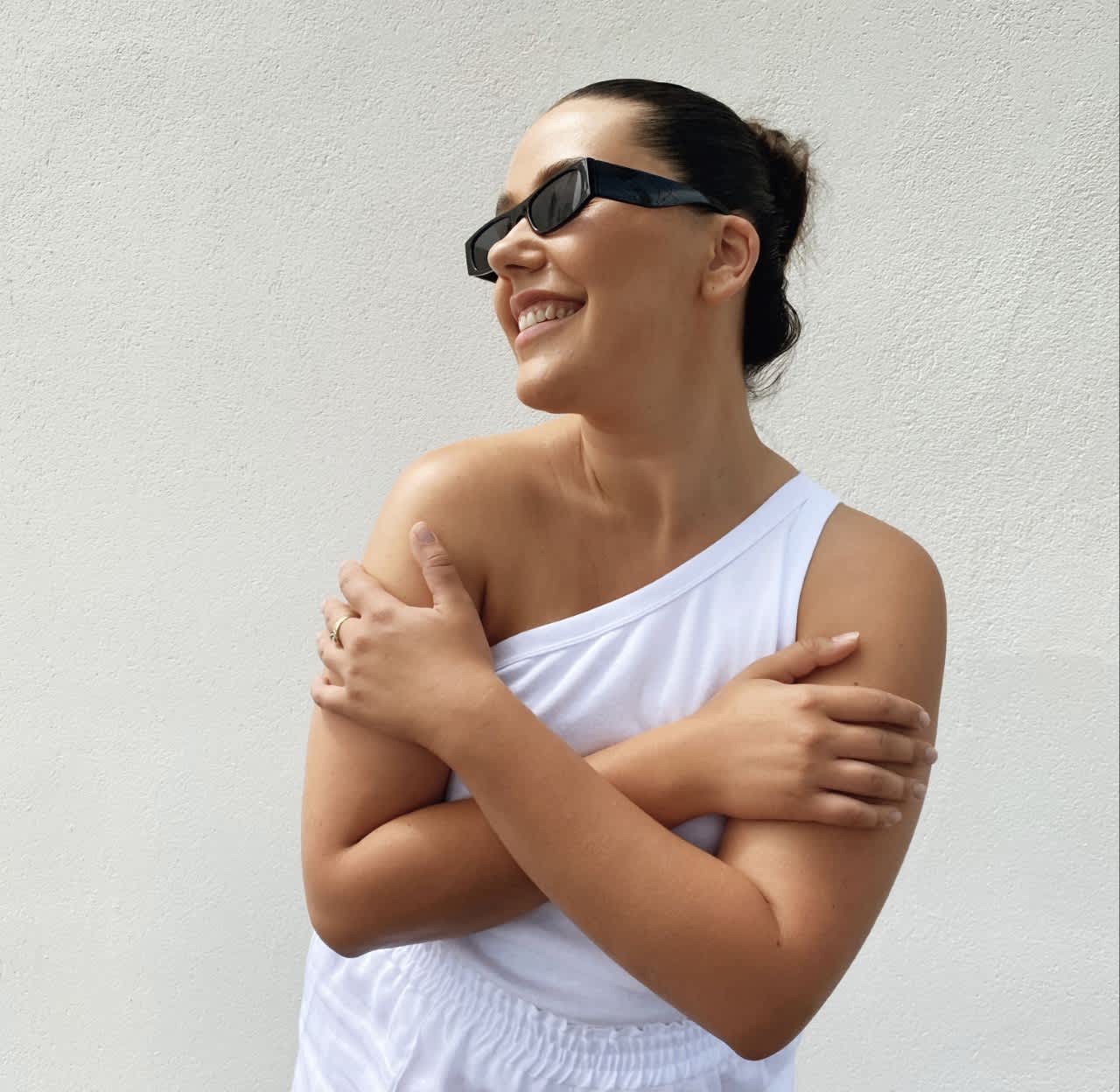
- POPSUGAR Australia
- Living
- Why Do We Post More on Social Media When We’re Feeling Insecure?
Why Do We Post More on Social Media When We’re Feeling Insecure?

Do you ever notice that on days when you’re feeling a bit insecure, you seem to post more on social media than usual?
Yeah, same.
There was this day a few weeks ago when I was feeling like total rubbish. I’d just had a big fight with my boyfriend, so I was emotionally exhausted, but I was also feeling pretty physically yuck, too. My endometriosis was playing up and I felt sore and sensitive and super unmotivated.
On that same day, I posted a bunch of Instagram stories of me, ranting to the camera like an A-list influencer (which I’m not). I used a filter that made me look way hotter than I did IRL that day, and I got heaps of DMs, telling me that I looked cute.
The compliments satisfied me for a moment. I felt an initial sense of relief, like ‘oh, everything’s okay’ but it was gone almost as soon as it came. I realised that I was looking for some form of validation, for someone to tell me that I was still a badass babe who was thriving at life, because I felt the furthest thing from it.
But this moment got me thinking, why do we turn to social media for validation? And why does this validation get less satisfying the more we do it?
I remember being a teenager and literally getting a high when my crush would like my Facebook profile picture. That sh*t would keep me going for days.
Yet now, with an inbox flooding with lovely comments from friends, people I’ve slept with and even exes… I was just not satisfied. It felt like this sort of empty validation, as though they could say those things to anybody over a screen, y’know?
Although I definitely know that social media can’t validate me in a satisfying way anymore and that to expect validation from social media is unsustainable and potentially damaging, I continue to do it almost subconsciously.
“Validation is sometimes required for us to feel connected and safe with other people in our families and social circles,” says Amber Rules, Clinical Psychotherapist and Director of Rough Patch Affordable Counselling.
“However, it’s possible the type of validation may influence how long-lasting the effects are. For example, validation based on something you have little control over, such as your physical appearance, may feel empty or fleeting, whereas validation based on something you value or worked hard on may feel more meaningful.”
I feel like so many of us, living in a highly digital world, worry about our appearances more than we need to. Also, coming out of a lockdown which prevented us from doing all the fun beauty things that make us feel fabulous (getting our hair cut, nails done etc) has made us feel like we have some catching up to do.
Maybe needing validation from our peers — even if these are our followers — is actually okay, as long as we don’t rely on it.
“It’s not bad, wrong or needy to require validation!” assures Amber.
“Sometimes if we have trouble internally esteeming ourselves (self-esteem), we can seek external esteeming via validation.
“Validation can come in many forms including words of praise, physical touch or affection, sexual intimacy, or connection and reassurance.”
There are so many ways to seek validation and/or distract ourselves from feelings of insecurity. We use social media because it gives us an instant response and therefore provides instant gratification. It’s also always available, as we almost always have our phones on us and can connect online at any given time.
If you’re like me, and you have days where you feel like all you need is to take a cute piccie of yourself or post a cute Instagram story for some validation or even just to feel yourself, then that’s really okay. Sometimes, we just need to see ourselves from the outside, so we can detach from our thoughts and feelings, and realise that we are still ourselves.
However, if your insecurities are coming up in places and times that feel unsustainable or that you’re really struggling with, looking for instant validation might not be the answer.
“It’s vital that we feel esteem within ourselves internally, rather than rely solely on other people to esteem us. It’s difficult for a person to feel an enduring sense of their own worthiness and value if they are unable to self-esteem themselves,” says Amber.
“We learn how to self-esteem when we’re young, and often learn intuitively by interacting with our parents and other significant adults. If our caregivers had their own struggles with self-esteeming, they may have lacked the skills to pass on this learning to us, or passed on unhealthy ways to self-esteem.
“If you struggle with poor self-esteem, it can be useful to understand and identify where this lack comes from, and if you need a hand, a counsellor can help you do that.”
Seeking out help, or someone professional to talk to is always a good option, especially if you’re feeling super down on yourself a bit too frequently for your own good.
But for now, Amber has given us some tips on how to handle our insecure moments better:
Three Steps to Handling Our Insecurities Better
Step One
Acknowledge the emotions, thoughts, sensations and urges you’re having in relation to ‘insecure’. You might say to yourself “I am feeling insecure right now. It feels very uncomfortable and I have a gnawing feeling in my stomach. I am having the thought that I am “needy” and “dramatic”. My urge is to ask someone to reassure me.”
Step Two
Take some deep breaths and pause. Remind yourself that you have inherent worth as a person, regardless of how you are currently feeling.
Step Three
Remind yourself of the things you like about yourself, what you’re good at, and what your values are — then make a decision about how to proceed from a values-based place, rather than from a place of discomfort or insecurity. This takes practice, but gets easier!



